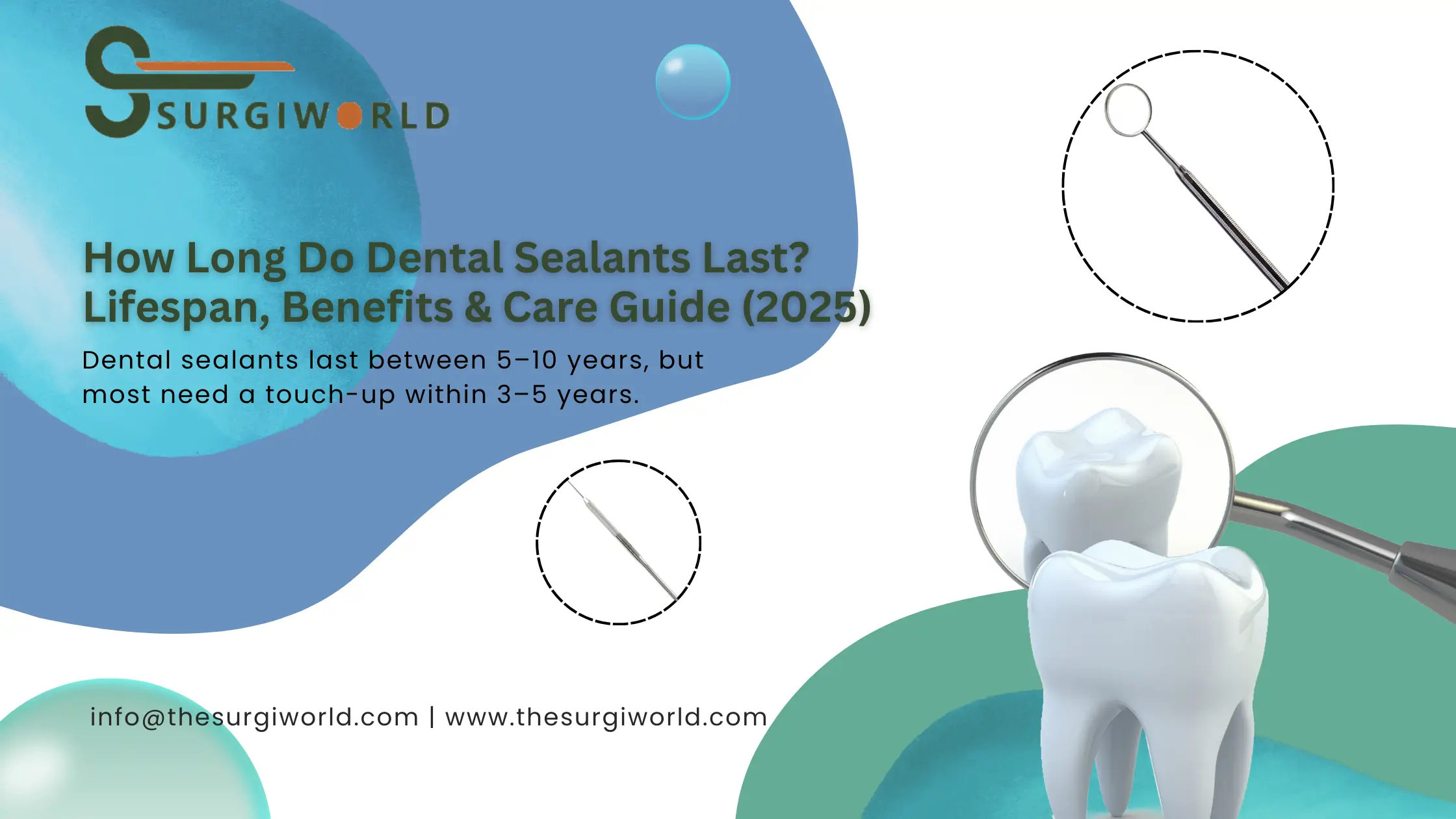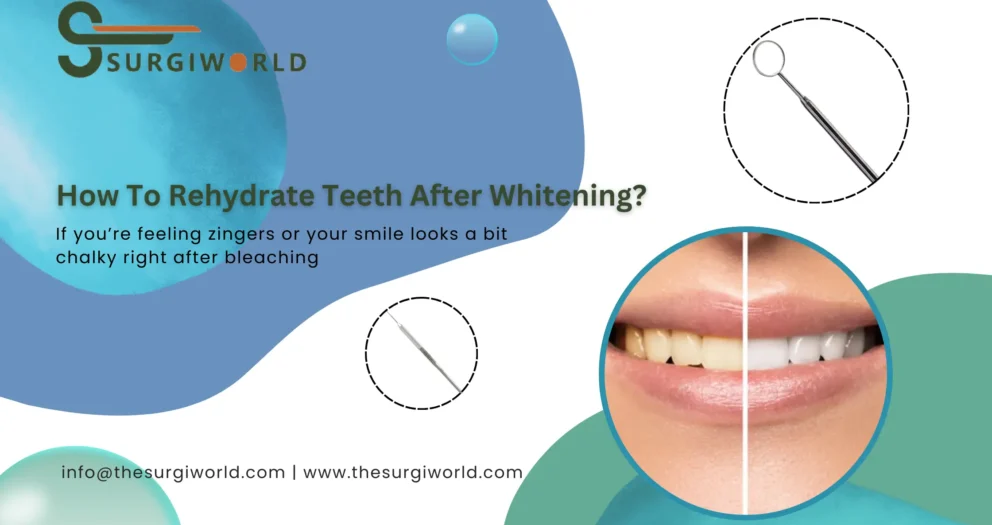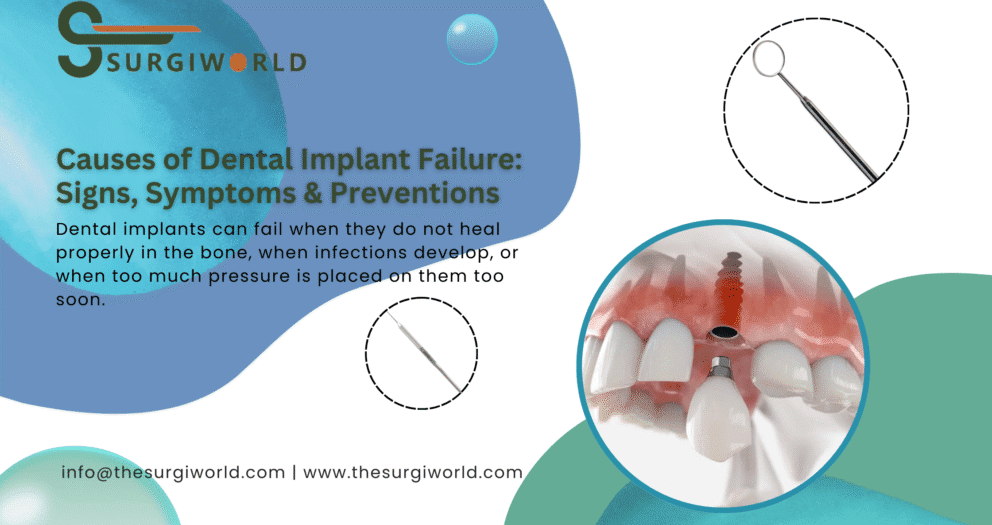In this guide, I’ll break down how long dental sealants last. As well as what shortens or extends their life and how you can tell when it’s time for a replacement. We’ll also talk about the hidden benefits.
Beyond just protecting your teeth from cavities, I’ll clear up the most common questions people ask about sealants. By the end, you’ll know everything you need to keep your sealants strong, effective, and worth the investment.
Dental Sealants: What They Are and Why They Matter
Dental sealants are thin, protective coatings that a dentist applies to the chewing surfaces of your back teeth—mainly molars and premolars. They act like a protective shield, covering the deep grooves where food particles and bacteria usually settle. The reason they’re important is simple: they act as a barrier against cavities. For kids, they’re a game-changer in keeping teeth healthy while they’re still learning good brushing habits. For adults, they’re an extra layer of insurance against future dental bills.
Average Lifespan of Dental Sealants (How Many Years Do They Last?)
On average, dental sealants last 5 to 10 years, but most people will need them touched up or replaced within 3 to 5 years. They’re strongest in the first few years after application, when they’re at peak protection. With proper care, it’s possible to stretch their life closer to a decade, but you can’t set-and-forget them. A dentist’s checkup every 6–12 months is what keeps them effective for the long haul.
Factors That Affect How Long Sealants Last
i. Oral Hygiene Habits
Consistent brushing, daily flossing, and proper rinsing can significantly extend how long your sealants last, while neglecting oral hygiene causes them to wear down much faster.
ii. Diet and Eating Patterns
Crunching hard foods, chewing ice, or living on sugary snacks will break down sealants faster. A balanced diet keeps them intact longer.
iii. Dental Checkups and Maintenance
Regular visits give your dentist a chance to check for cracks, chips, or areas where the sealant has worn down. Small repairs early on can prevent a full replacement.
iv. Sealant Material Quality
Not all sealants are made the same. High-quality resin materials last longer than cheaper options. Your dentist’s choice of product directly affects durability.
How to Make Dental Sealants Last Longer
i. At-Home Care Tips
- Brush and floss daily, especially around the sealed teeth.
- Stay away from chewing hard items such as ice, pens, or tough candies.
- Cut down on sugary drinks and snacks that wear down the sealant faster.
- Use a fluoride toothpaste—it helps strengthen enamel around the sealed area.
ii. Professional Maintenance From Your Dentist
- Schedule dental checkups every 6–12 months.
- Have your dentist examine your sealants during regular checkups.
- If they notice a small chip, it can usually be repaired on the spot before it becomes a bigger problem.
- Professional polishing and cleaning help sealants last closer to their maximum lifespan.
Signs Your Dental Sealants Need Replacement
i. Cracks or Chips
If you see or feel tiny cracks, it’s a sign the sealant is losing its effectiveness. Even small breaks can let food and bacteria slip in.
ii. Wear and Tear Over Time
Sealants naturally wear down from years of chewing. If your dentist notices thinning during a checkup, it’s time for a reapplication.
iii. Increased Sensitivity or Cavities Near Sealed Teeth
If a sealed tooth suddenly feels sensitive to hot, cold, or sweet foods, that’s a red flag. Cavities forming near a sealed area usually mean the protection has worn off.
Benefits of Dental Sealants Beyond Longevity
i. Protection Against Cavities
Sealants are proven to reduce cavities in molars by up to 80%, especially in kids. That’s their biggest superpower.
ii. Cost-Effective Preventive Care
A sealant is cheaper than getting a filling or root canal later. Think of it as a small investment that saves you hundreds—sometimes thousands—down the road.
iii. Especially Valuable for Kids & Teens
Kids and teenagers are the most common candidates since their molars are at higher risk of decay. Sealants give them a strong start in maintaining lifelong dental health.
FAQs About Dental Sealants’ Lifespan
i. Do dental sealants fall off easily?
Not usually. Sealants are designed to bond tightly to your teeth. But over time, heavy chewing or bad habits (like crunching ice) can cause them to chip or wear away. That’s why regular dentist checkups matter.
ii. Can dental sealants be reapplied?
If a sealant chips or wears out, your dentist can easily reapply it with a simple, painless procedure. Reapplication is common and helps maintain long-term protection.
iii. Are sealants permanent like fillings?
No. Unlike fillings, which are meant to stay in place for many years, sealants are preventive layers that naturally wear down over time. Think of them as shields that can be replaced when needed.
Final Words—Ensuring Your Sealants Last as Long as Possible
Dental sealants don’t last forever, but with good habits and regular dental care, you can keep them strong for up to a decade. They’re one of the smartest and most cost-effective ways to protect teeth from cavities—especially for kids and teens. If you want to get the most out of your sealants, treat them as part of your overall oral health strategy: brush well, eat smart, and see your dentist regularly. Taking small care steps today ensures your sealants provide the strongest protection for the future.







Write a comment
You must be logged in to post a comment.